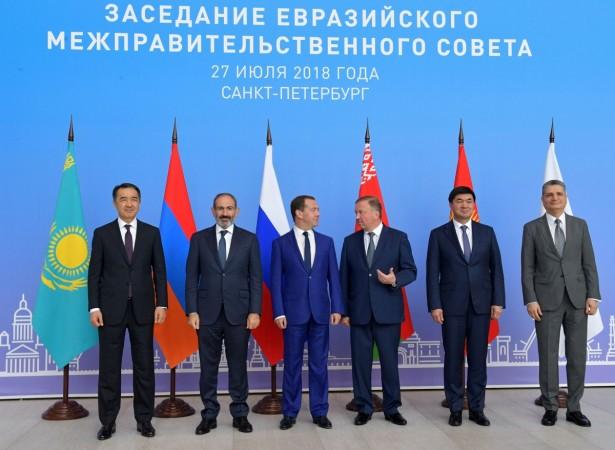
The Union Government has finalised a proposal that will allow employees to travel to Central Asian countries under the leave travel concession (LTC) scheme.
The proposal, by the Personnel Ministry, has been finalised for employees from departments such as Home, Tourism, Civil Aviation and Expenditure to visit the five Central Asian nations of Kazakhstan, Turkmenistan, Uzbekistan, Kyrgyzstan and Tajikistan "at the earliest" as per officials.
Under the LTC scheme, employees of the central government are granted paid leave and ticket reimbursement. In March, the Centre shelved plans to expand the LTC scheme to SAARC nations. By opening up to Central Asia, India's footprint in the strategically important region will be expanded, which is a key purpose as per officials in a communication seen by the Press Trust of India.
"A proposal of LTC facility to government employees to SAARC countries with a purpose to enhance people-to-people contact and boost relations in the SAARC region was examined by the government," Minister of State for Personnel Jitendra Singh had said. "...and after a thorough examination of all aspects involved, the proposal was found not feasible and decided not to take it forward," he added at that time.
Central Asian nations are of key strategic importance to both the USA and China since they contain a vast reserve of untapped natural resources, which have an extremely high economic value. However, so far due to the presence of Islamic militants and high inflation in the region, all the nations are suffering from a severe lack of economic development.
Recently, Russia also stepped up its involvement in the region by creating Russia's Eurasian Economic Union (EEU), in 2015. It consists of Russia, Belarus, Kazakhstan, Kyrgyzstan and Armenia. Modelled on the EU, the EEU offers free movement of goods, capital, labour and services and as common economic and industrial policies.

















